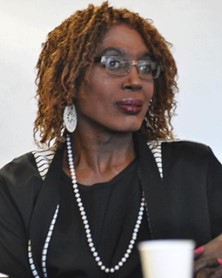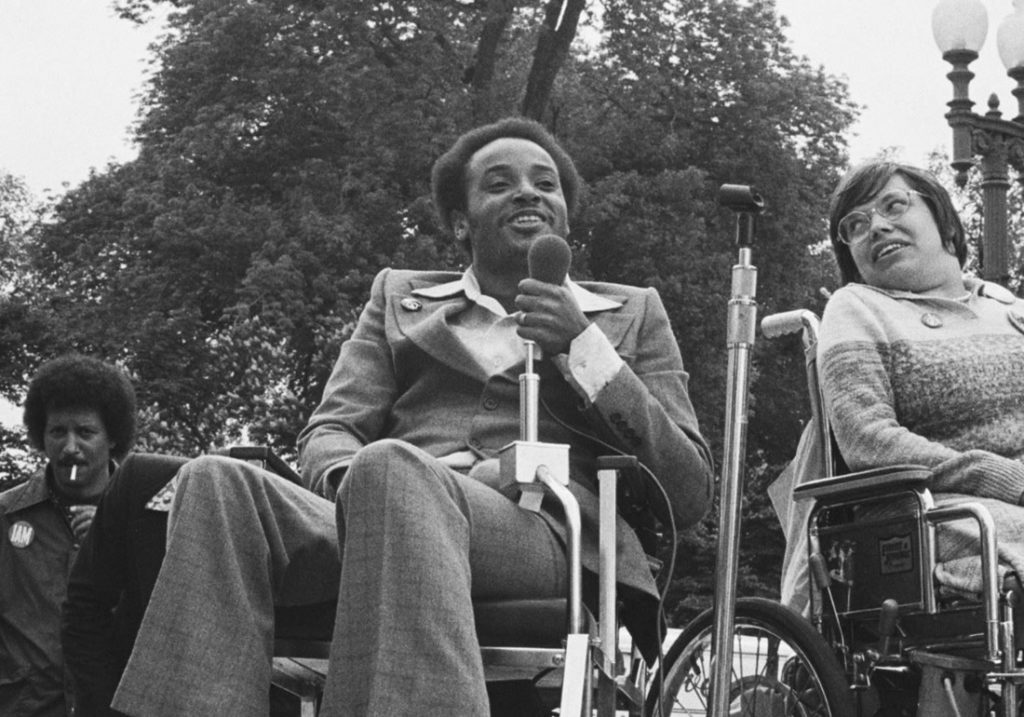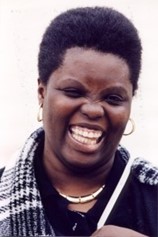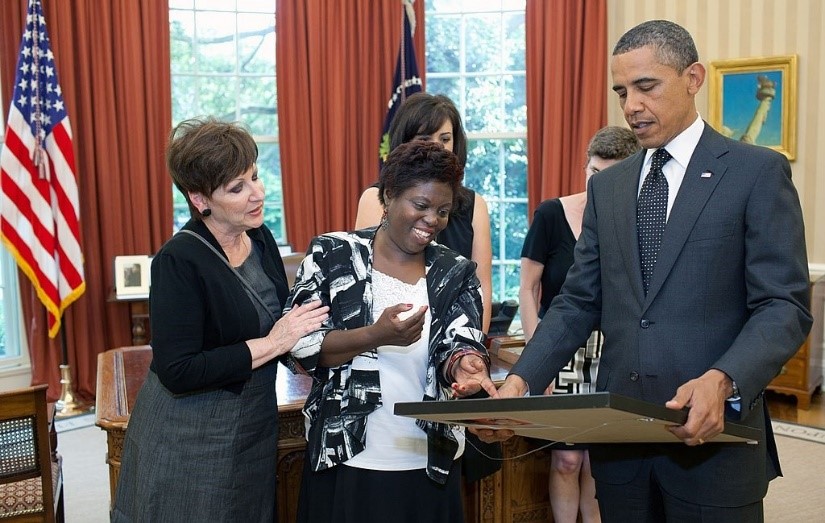Celebrating Black History and Disability History
This is a special post written by Charles Warren, Curriculum Developer at Triangle. Charlie is also a member of Triangle’s Racial Equity Task Force. As part of our commitment to the work of our Racial Equity Task Force, we will be sharing more information with you on subjects related to racial equity and disability justice. This post is the first in a series dedicated to calling attention to the contributions of people with disabilities to American history.
As we celebrate Black History Month, Triangle would like to recognize the contributions made by African Americans in the disability community. Over the next two weeks, we will be highlighting people who have had a profound impact on the fight for both racial equity and disability justice.
Claudia Gordon – Lawyer and Advocate

The Deaf community has a long history of advocacy for and contributions to the disability rights movement. Claudia Gordon (1970 – present) continues that tradition. She is the first deaf Black female lawyer in the United States. In 2000, she became the first deaf graduate of American University’s Law School. Her leadership and life’s work are dedicated to assisting those with disabilities and other marginalized communities. She is the Senior Accessibility Strategy Partner at T-Mobile within its Diversity, Equity, and Inclusion team. In her distinguished and ongoing career, she has held roles as a Senior Policy Advisor for the Department of Homeland Security, vice president of the National Black Deaf Advocates, and White House Public Engagement Advisor. In the latter role, she acted as a key advisor to President Obama on issues relating to accessibility, inclusion, and people with disabilities.
Jazzie Collins – Organizer, Activist, and Leader

Jazzie Collins (1958 – 2013) was an organizer, activist, and leader from San Francisco. Her leadership and advocacy were focused on the rights of LGBTQ individuals, older people, tenants, and labor. She was open with her own HIV diagnosis at a time when such transparency carried great risk. Over a 20-year career in activism, her accomplishments included being a volunteer and organizer for Senior and Disability Action, chairperson of the San Francisco’s LGBT Aging Policy Taskforce, managing the operations of the “6th Street Agenda” food pantry, founding Queers for Economic Equality Now (QUEEN), and serving on the Board of Directors of the San Francisco Trans March. In 2003, her advocacy with the Prop L Committee lead to an increase in the minimum wage in San Francisco. Her lifetime achievements and energic and passionate activism were honored on the floor of the California State Capitol by the Legislative Gay, Bisexual, and Transgender Caucus for her advocacy work for justice and equality in 2013.
Brad Lomax – Disability and Human Rights Activist

Brad Lomax (1950 – 1984) became an influential figure in the disability rights movement in a short span of time. He was diagnosed with multiple sclerosis (MS) during his freshman year at Howard University. As a wheelchair user, Mr. Lomax encountered daily the extreme physical inaccessibility of the United States prior to the Architectural Barriers Act of 1968. However, the passage of such a major bill is just the first step, and Mr. Lomax devoted his energies to ensuring the implementation of laws meant to protect the rights of people with disabilities. His contributions were essential to the success of the 504 Sit-Ins, where disability rights protesters occupied federal buildings until the implementation of Section 504 of the Rehabilitation Act of 1973. He was a member of the Black Panther Party and participated in the development of the Free Breakfast for Children Program. This program provided healthy, nourishing meals in a safe, supportive environment. Additionally, he founded the East Oakland Center for Independent Living which provided support and resources to Black individuals with disabilities.
Lois Curtis – Artist and Disability Activist

Lois Curtis (1967 – 2022) was an artist and disability rights activist. She was the plaintiff in one of the most significant civil rights decisions in our country’s history. Despite her capacity to live with independence in the broader community, Curtis was confined to institutions during her early adult life. Her self-advocacy ultimately led to the United States Supreme Court Decision in 1999, Olmstead v. LC, that held that people with disabilities have a qualified right to receive state funded supports and services in the community rather than institutions. The effect of this ruling represented a significant shift to people with disabilities having access to services in their own communities. This ruling will forever be known for ending unjustified segregation of people with disabilities. In 2011, Curtis met President Obama when he received one of her paintings as a gift. Her lifelong advocacy has impacted the lives of millions of Americans.

Additional Resources